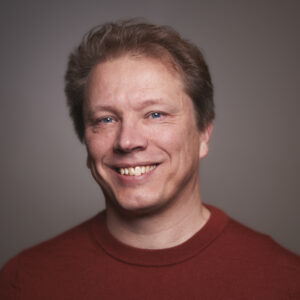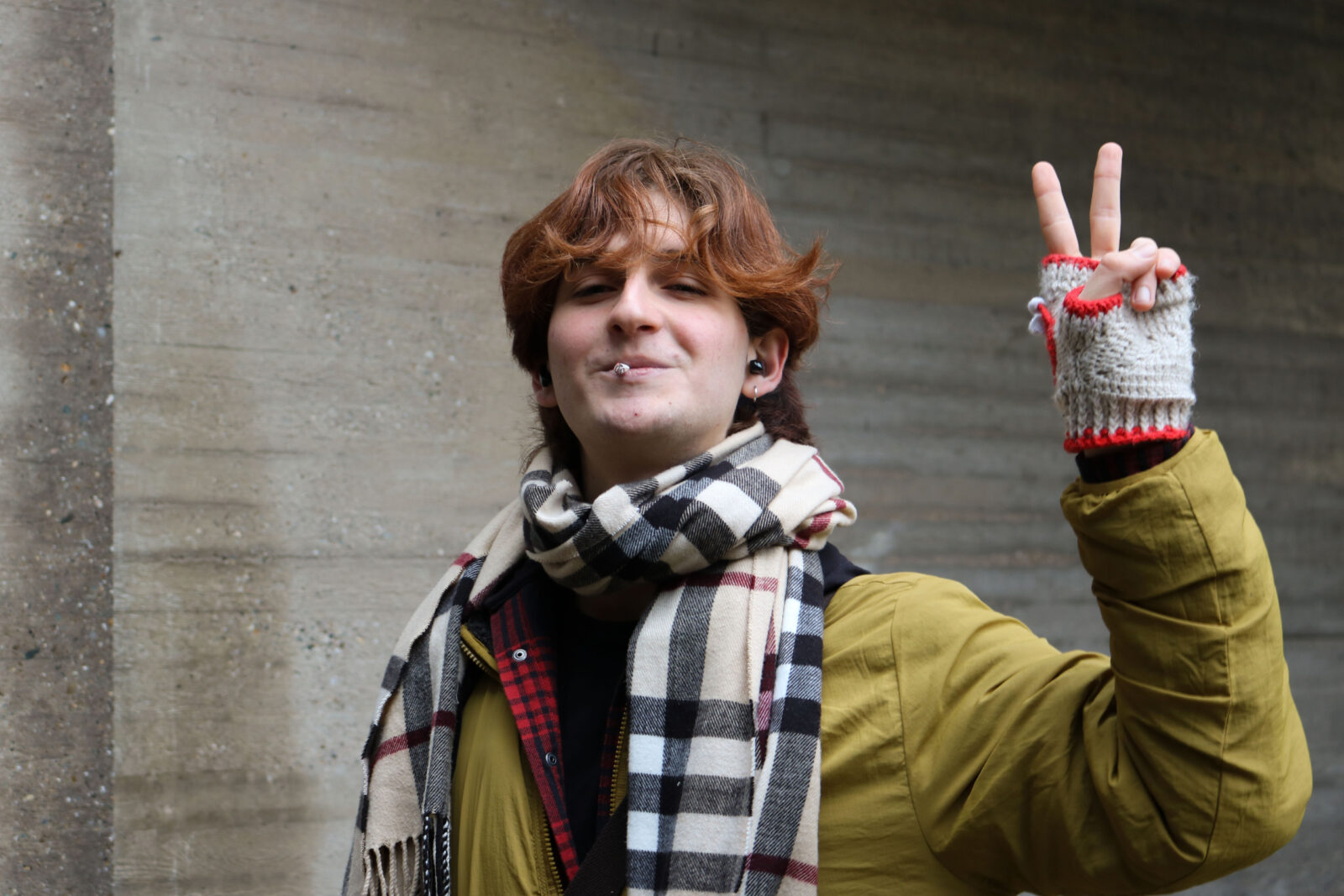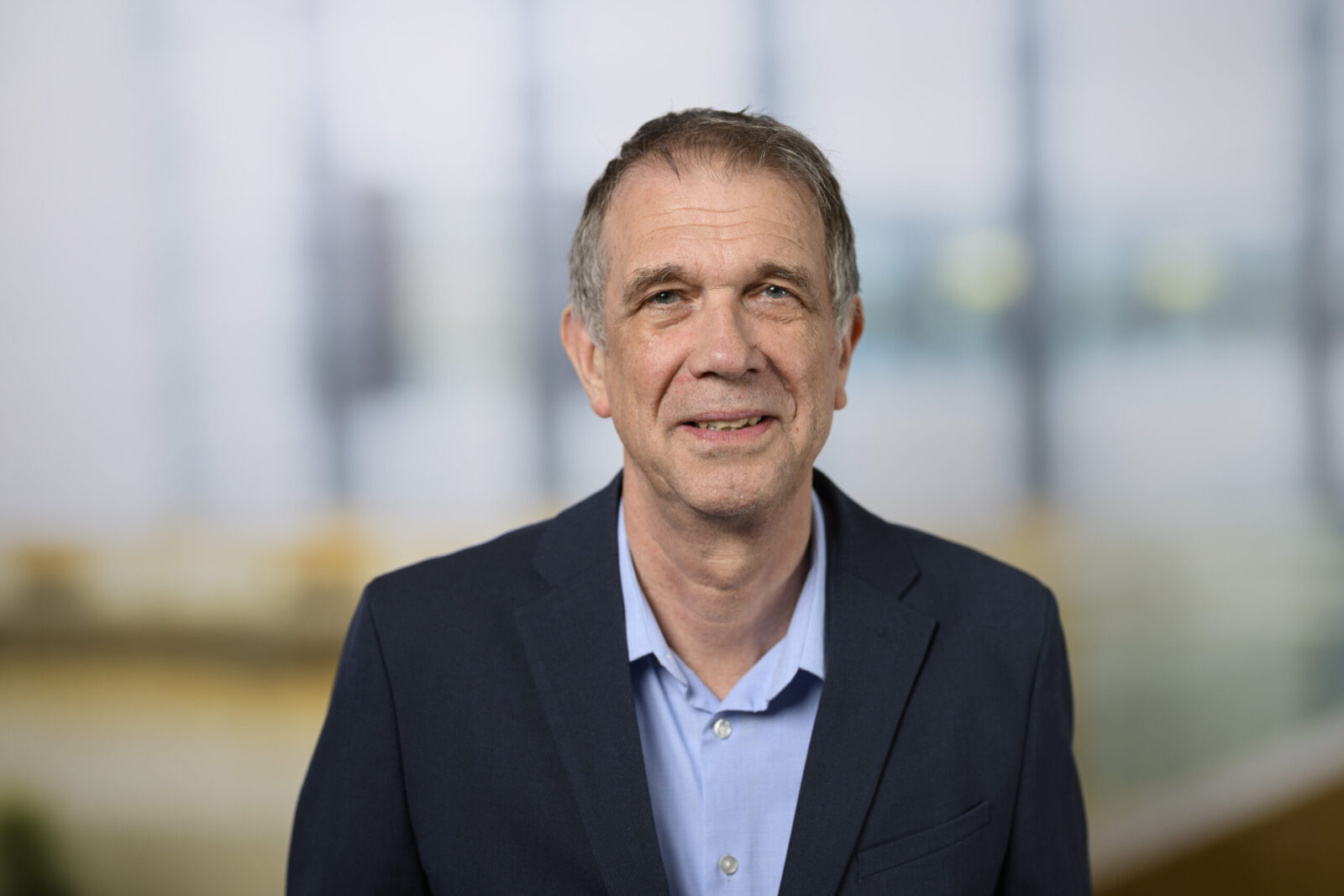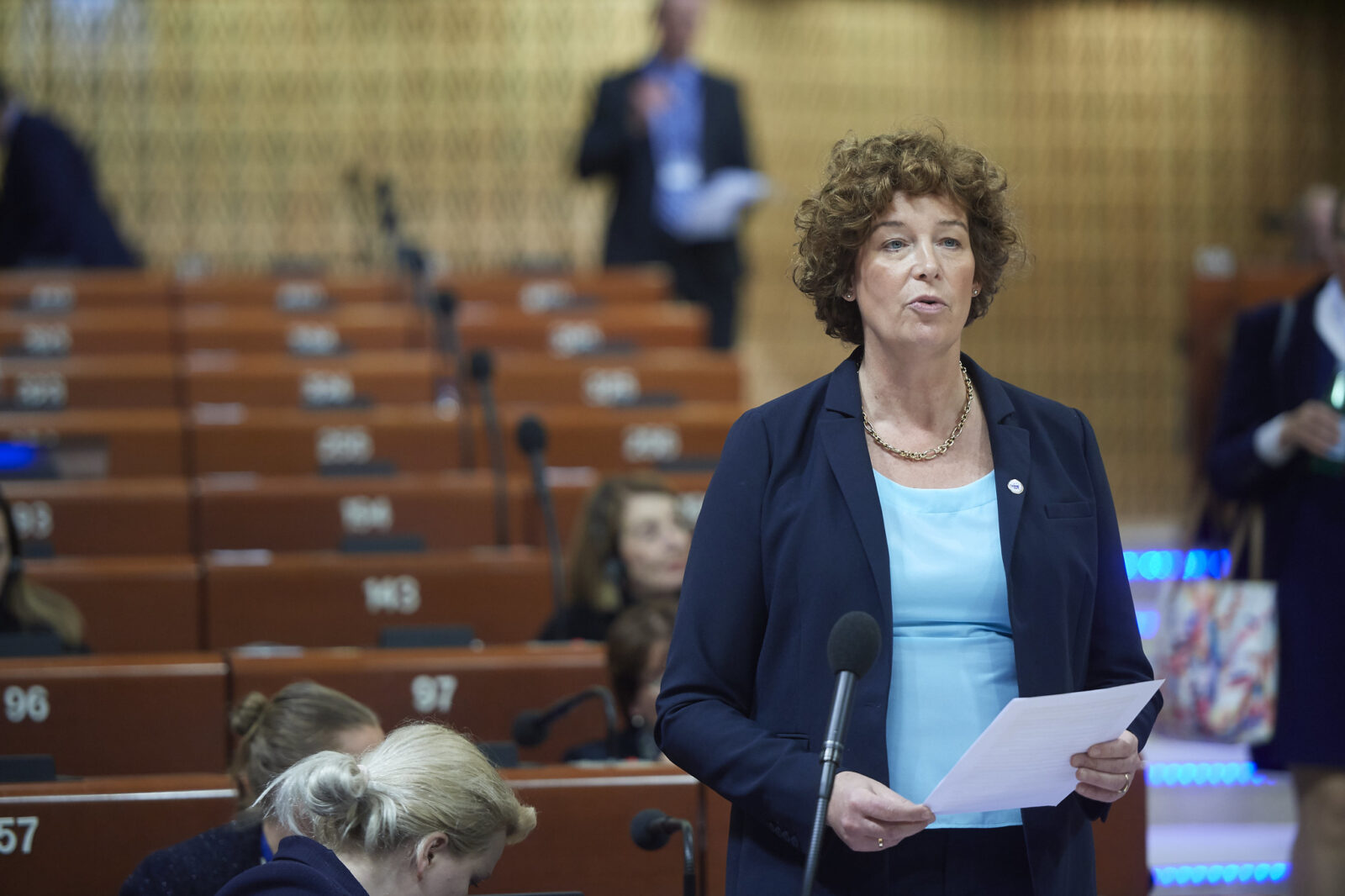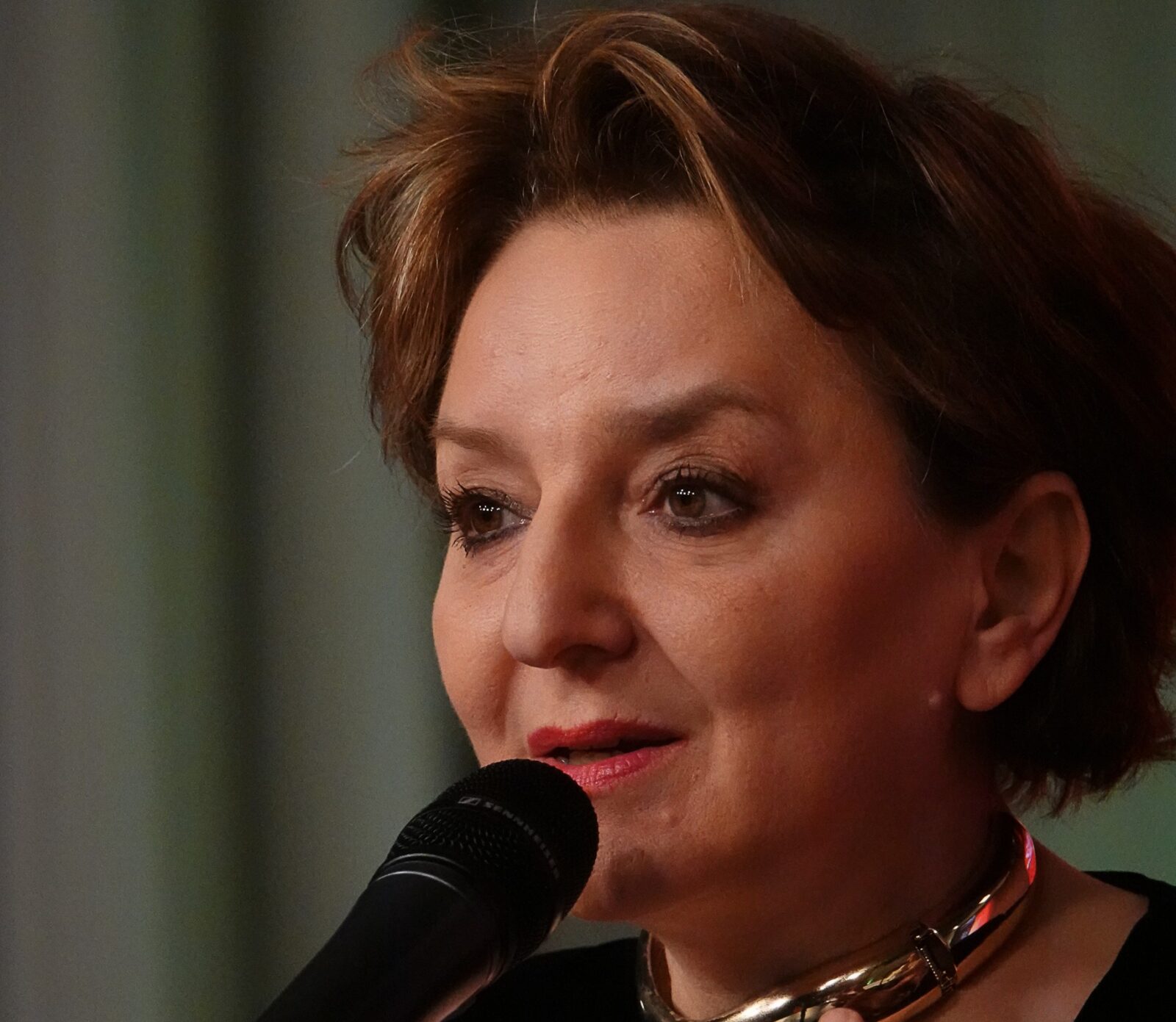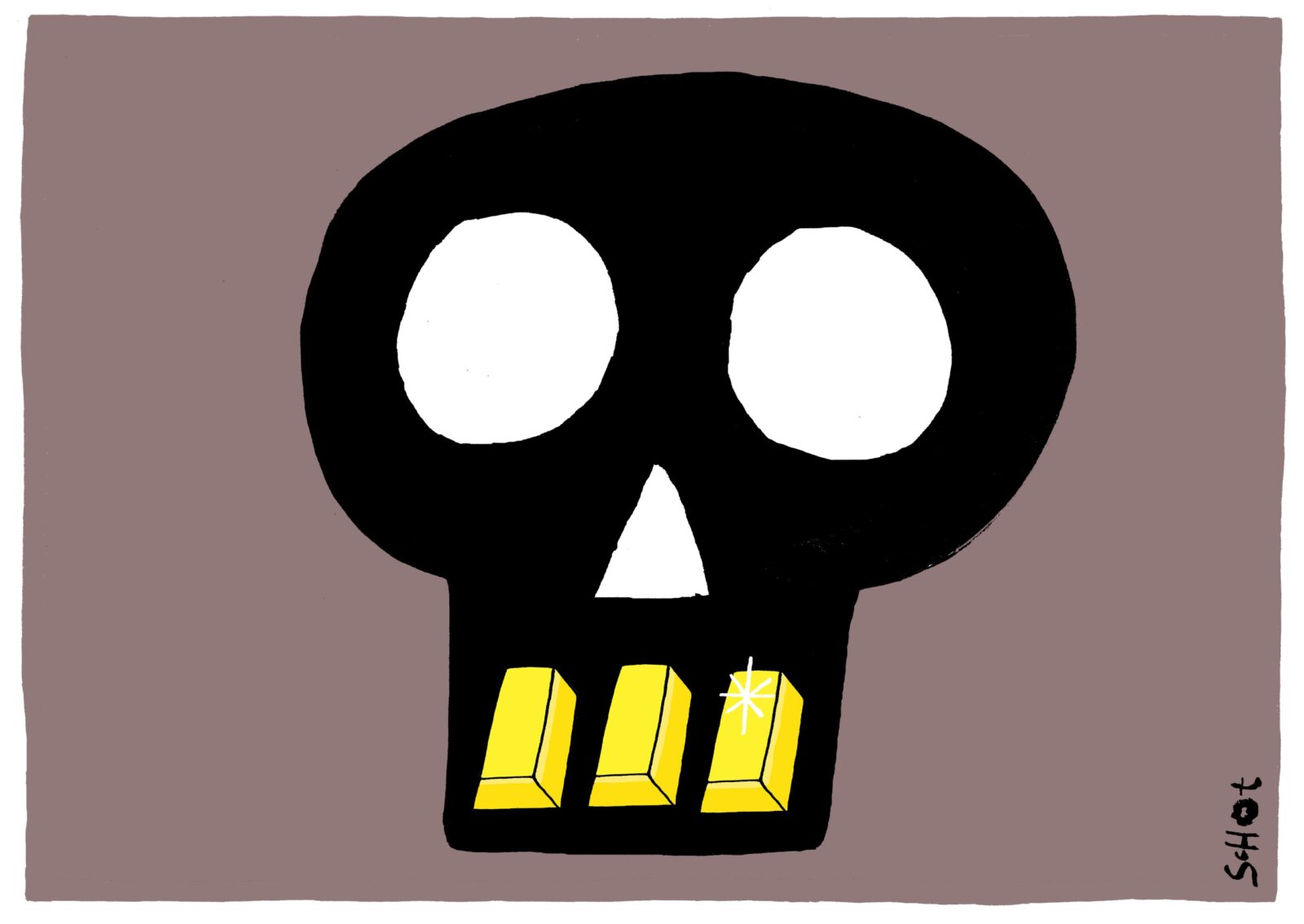‘Requirement to be loyal to the Chinese Communist Party is only symbolic’
Chinese PhD candidates who are pursuing their PhD at EUR through the CSC scholarship programme say that they do not have be loyal to the Chinese Communist Party and are not screened for their political ideology. Although these rules are included in the conditions of the scholarship programme, the PhD candidates say that they are symbolic and appear in every standard contract in China.
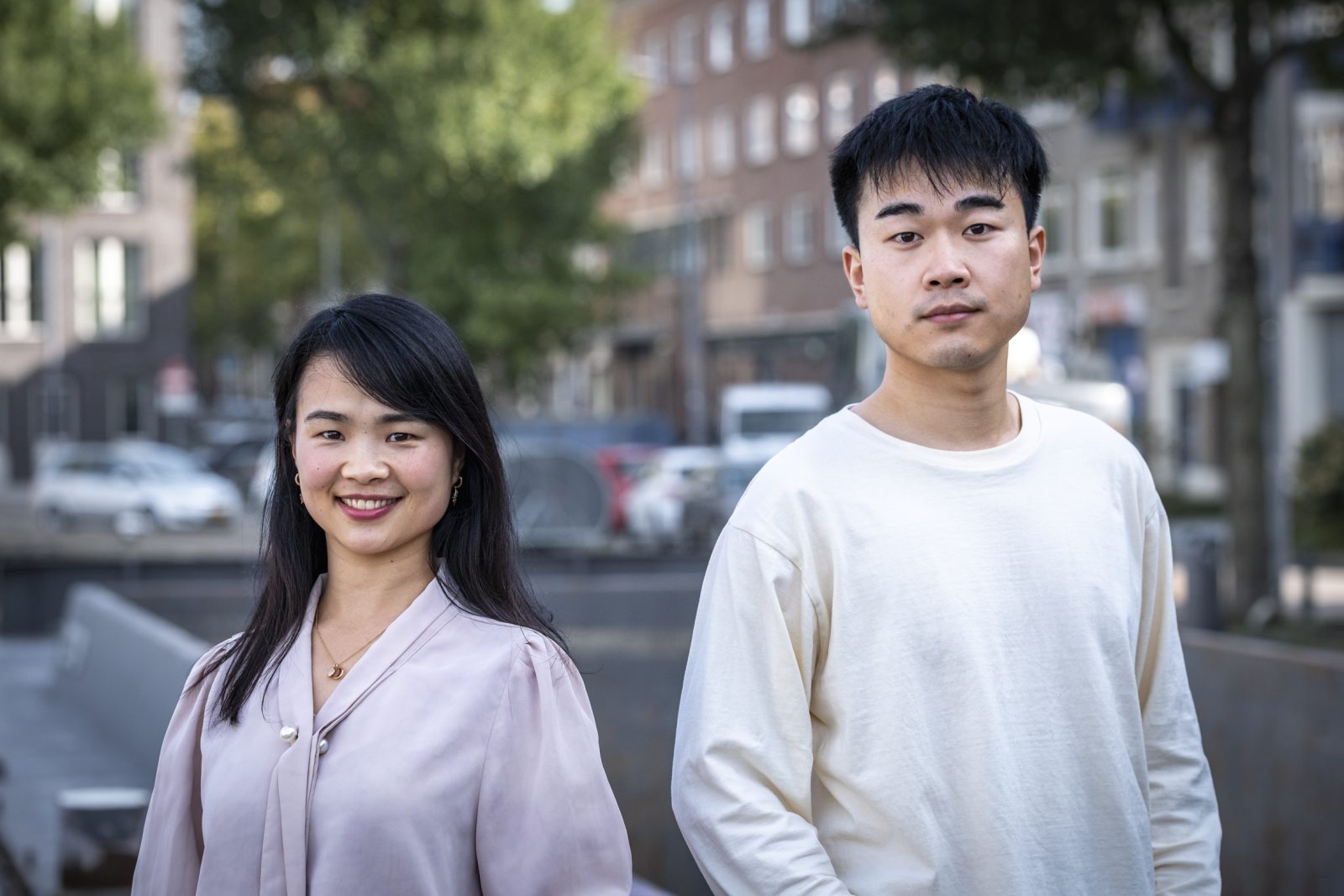
Image by: Levien Willemse
Anonymous EUR academics recently expressed their concerns about these rules in a letter to the University Council. They do not consider these conditions to be in line with academic values and fear that the rules will lead to the exclusion of political and ethnic minorities in China. Professors Maikel Peppelenbosch and Luc van der Laan, both affiliated with Erasmus MC, feel that this fear is unfounded. According to Yayi Zhang and Pengfei Li, two PhD candidates who came to Rotterdam via a scholarship from the China Scholarship Council (CSC), the rules do indeed form part of the conditions but are empty words that can be found in every Chinese contract. They have never been asked to actually subscribe to the conditions, they say.
Ideological check
The condition that applicants must support the Chinese Communist Party is stated as follows in the regulations of the CSC: “Support the Communist Party of China leadership and socialism with Chinese characteristics, love the motherland, possess good character, obey the law, have a sense of responsibility to serve the country, the society and the people, and have a proper world view, outlook on life and values.” Further on, the conditions also state: “Nominating institutions are required to review the application materials and have the right to return applications that are untrue or that have inconsistencies or do not meet the requirements. They are also required to carefully check the applicants’ political ideology, teaching morals and ethics (or character and academic style), etc., and comment on the above in the Institution’s Nomination Comment section in the main application form.”
152 CSC PhD candidates are currently working at EUR, with approximately two-thirds of them at Erasmus MC. Since the programme began in 2010, 78 participants have been awarded their doctorates. The CSC PhDs are very interesting for Dutch universities, as they are fully financed by China. At the Gastrointestinal and Liver Diseases department where Peppelenbosch and Van der Laan work, eight of the total of forty PhDs have Chinese nationality.
Peppelenbosch and Van der Laan are very pleased with their group of Chinese colleagues. Van der Laan: “The fact that we don’t have to fund them is naturally an incentive, but at the same time we also put a lot of money and energy into it ourselves.” The level is generally high, says Peppelenbosch. “One of the first to arrive was Qiuwei Abdullah Pan, who is now a Vidi laureate”, adds Van der Laan.
Tibetans
‘I have colleagues here who are Muslim or Christian. My mother was also a Christian’
Peppelenbosch simply does not believe the allegation that the scholarship conditions could exclude ethnic minorities from participation. “About 8 percent of the Chinese population belongs to a minority, so they are not a member of the Han Chinese. At the same time, we see here in the department that more than 8% come from such a minority. We have all kinds of people here, for example we have two Tibetans at the moment’, says Peppelenbosch.
Pengfei Li, one of the PhD candidates in Peppelenbosch and Van der Laan’s department, says that he does recognise the conditions about the Communist Party and political ideology. But they don’t mean anything, he says. “These kinds of sentences are included in every standard contract in China. They don’t actually apply them. I’ve never been questioned about my political ideology.” Li does not think that the conditions were included in the CSC contract that he himself signed.
According to Li, his colleagues also demonstrate that it is indeed possible for Chinese people from an ethnic minority to obtain a CSC scholarship. “I have colleagues here who are Muslim or Christian. My mother was also a Christian.”
'Discontinuing the cooperation with the CSC is not the solution'
Yayi Zhang is another CSC PhD candidate, this time at the Erasmus School of Law. She agrees with Li that they are empty words. “Anyone with a basic understanding of Chinese society knows that these standard conditions are included in all kinds of contracts and only have a symbolic meaning. They are even included in the employment contracts of private companies”, she says. She also does not feel that the conditions would lead to the exclusion of Chinese people with a different background. “This is truly an imaginary risk.”
Cooperation with countries such as China has been under the magnifying glass for several years now. EUR is currently assessing its partnerships and will reach a conclusion in October. If EUR asks the CSC to remove the conditions, Zhang believes that the CSC will only do so if there is evidence of this exclusion. If this were to lead to the end of participation in the scholarship programme, she would find that a terrible shame. “It would make it much harder for promising and ambitious students who do not have the financial means to study outside China, especially in the humanities. As a result, they will never know that there is more than one way to study, live, and think.” She acknowledges that not all is perfect in China, ‘but discontinuing the collaboration with the CSC is not the solution to that’. Should it happen anyway, Zhang hopes that EUR itself will make scholarships available to Chinese PhDs. “In this case, EUR could set its own conditions.”
'Detrimental to international cooperation'
Peppelenbosch calls the attitude of anonymous academics towards the CSC programme ‘discrimination’. “It’s the exclusion of the ‘other’. As an academic, I don’t think you should interfere in politics and religion. I’m always keen to work with a good academic, whether they come from China, Russia or North Korea. We naturally conduct intensive discussions with someone to see if they are acting in good faith, and then keep an eye on them to see how they are doing. But we’re working in health care here, so I’m not worried about corporate espionage. Our research will only make everyone healthier, and the whole world can benefit from that.”
Van der Laan would still prefer to see the original article disappear from EM. “Why are you calling the CSC programme ‘controversial’?” he wonders. ‘That is detrimental to our research and our international cooperation.’ He fears that the CSC might stop sending PhD candidates to the Netherlands, as has already happened with the United States. “This is also read in China. And the CSC has already stopped sending PhD candidates to America, because the anti-China sentiment there is so strong that you can no longer function properly as a Chinese PhD candidate.”
Border guards
According to the professors, cooperation with countries in which the Dutch feel that many things are wrong is inevitable. “Even during the Cold War, we didn’t stop working together”, says Peppelenbosch. “We’ve just signed a wonderful agreement with Kazakhstan, where scientists do a lot with liver transplantation with living donors. Recruiting the best people in the world is what we want, and that’s good for your scientific output.”
‘What about Russians and Belarusians? We’re already practically at war with them. And what if something happens between China and Taiwan? China is not our enemy’
Van der Laan: “The question is: how do we deal with this in times of tension? Will we install border guards again, like xenophobes, and treat everyone who deviates from us in terms of skin colour differently?’ Van der Laan feels that if cooperation with China is discontinued for these reasons, where will it all end? ‘What about Russians and Belarusians? We’re already practically at war with them. And what if something happens between China and Taiwan? China is not our enemy.”
Read more
-
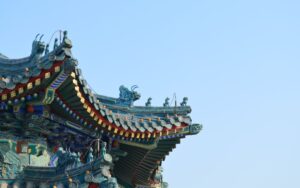
Critics demand end to controversial Chinese scholarship programme
Gepubliceerd op:-
Research
-
De redactie
-
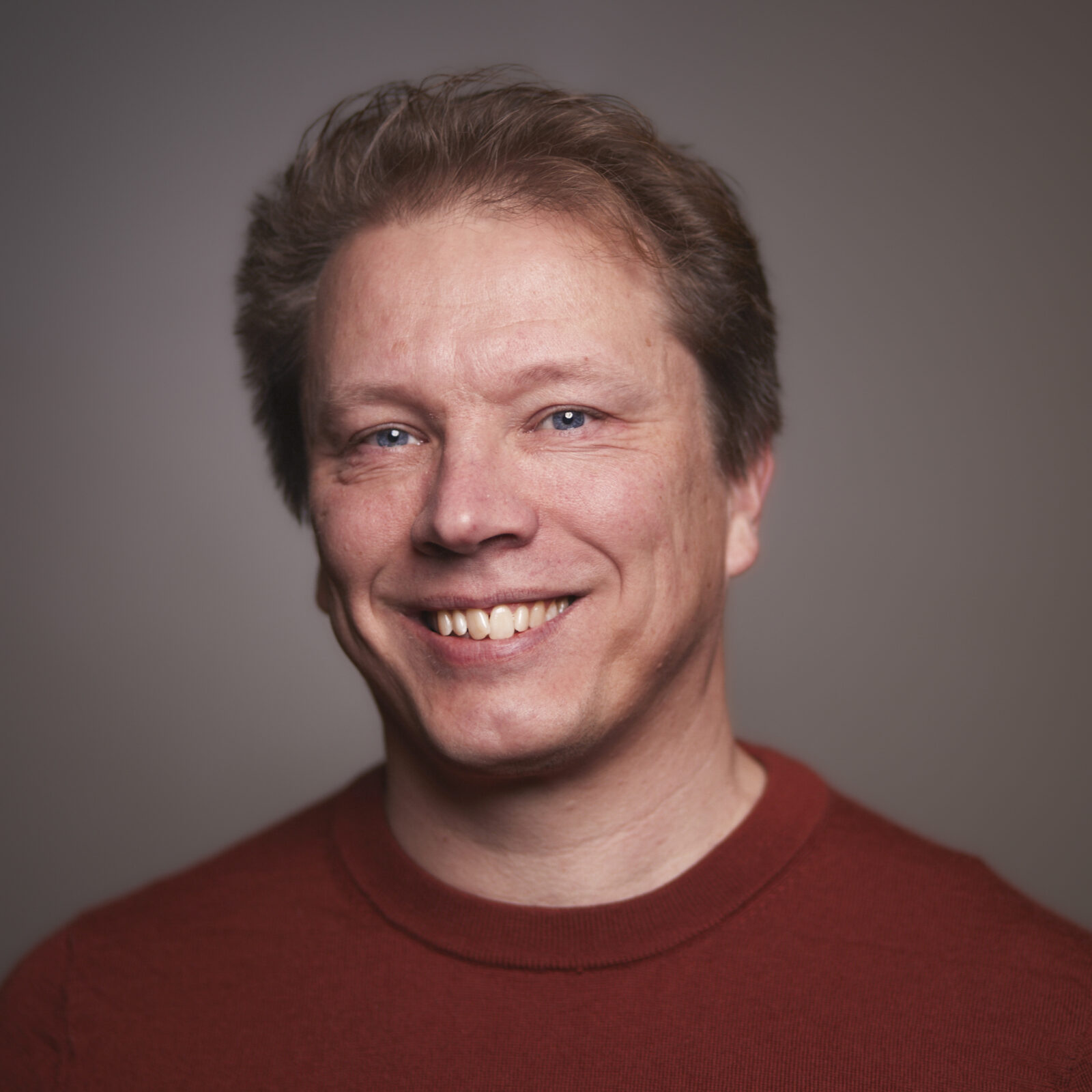 Elmer Smaling
Elmer SmalingSenior Editor
Latest news
-
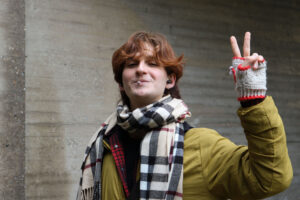
University calls on people to remind smokers, security guards don’t send smokers off campus
Gepubliceerd op:-
Campus
-
-
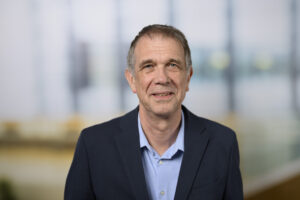
What do the new European housing plans mean for students?
Gepubliceerd op:-
Campus
-
-

Makeover for Erasmus Magazine: new and more accessible website is live
Gepubliceerd op:-
Campus
-
Comments
Comments are closed.
Read more in science
-
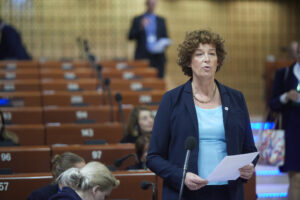
Rector Ghent University withdraws from UvA honorary doctorate after AI speech
Gepubliceerd op:-
Science
-
-
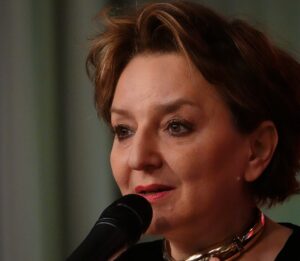
Ministry and French embassy call Executive Board over cancellation of Eva Illouz
Gepubliceerd op:-
Science
-
-

A self-funded war: how Sudan got trapped in a fatal deadlock
Gepubliceerd op:-
The Issue
-
